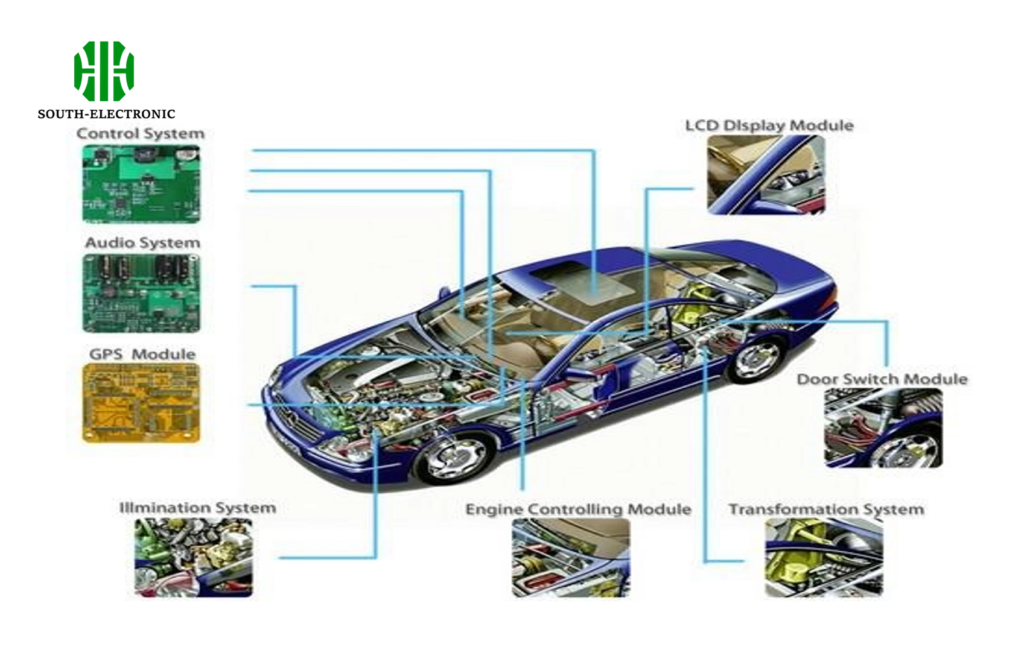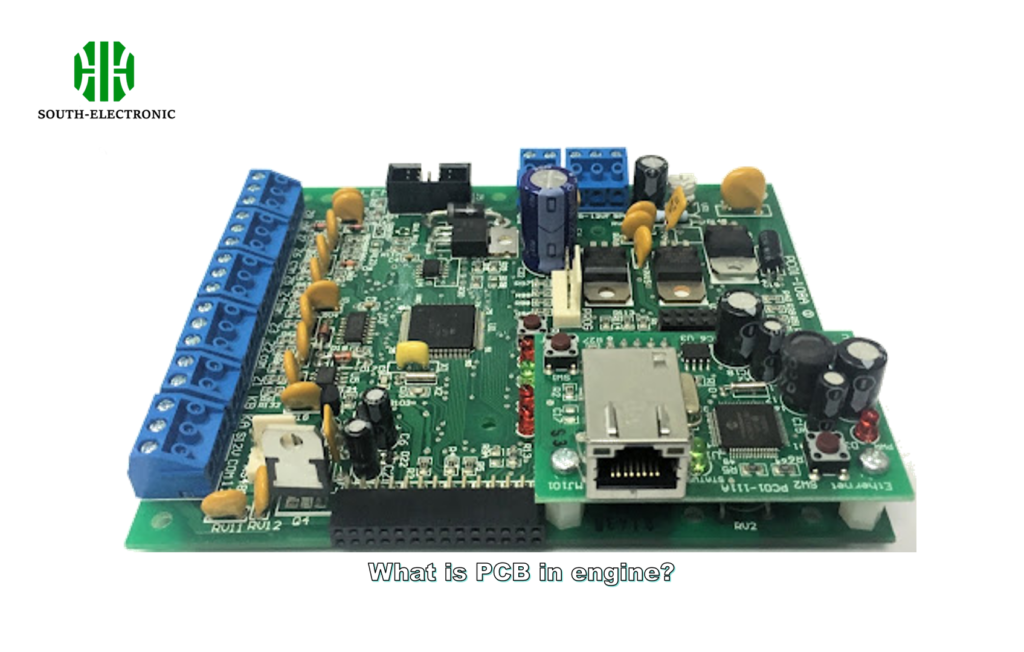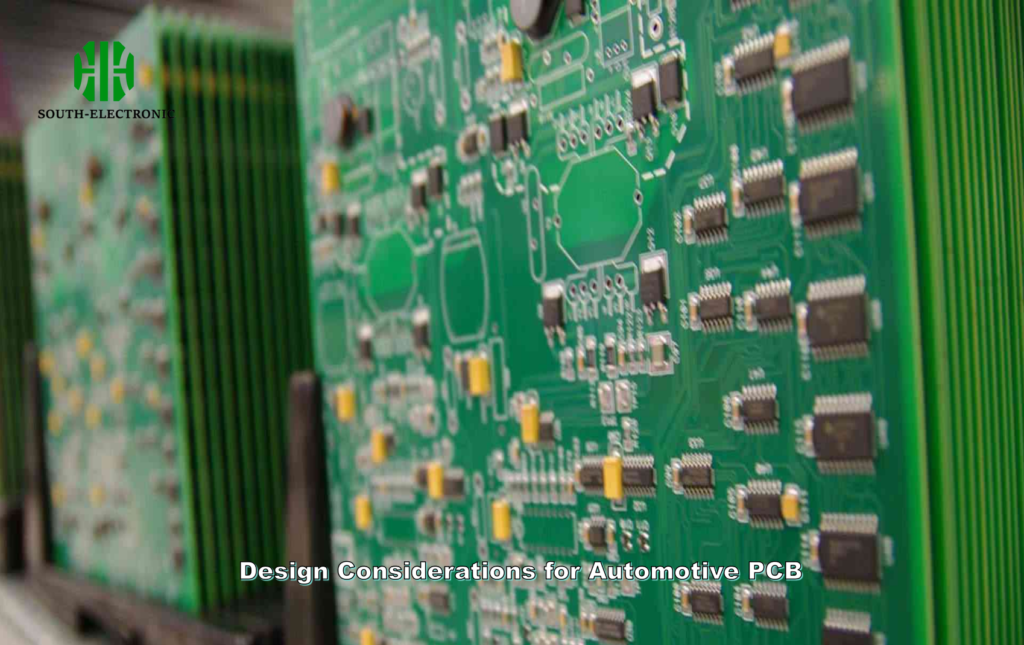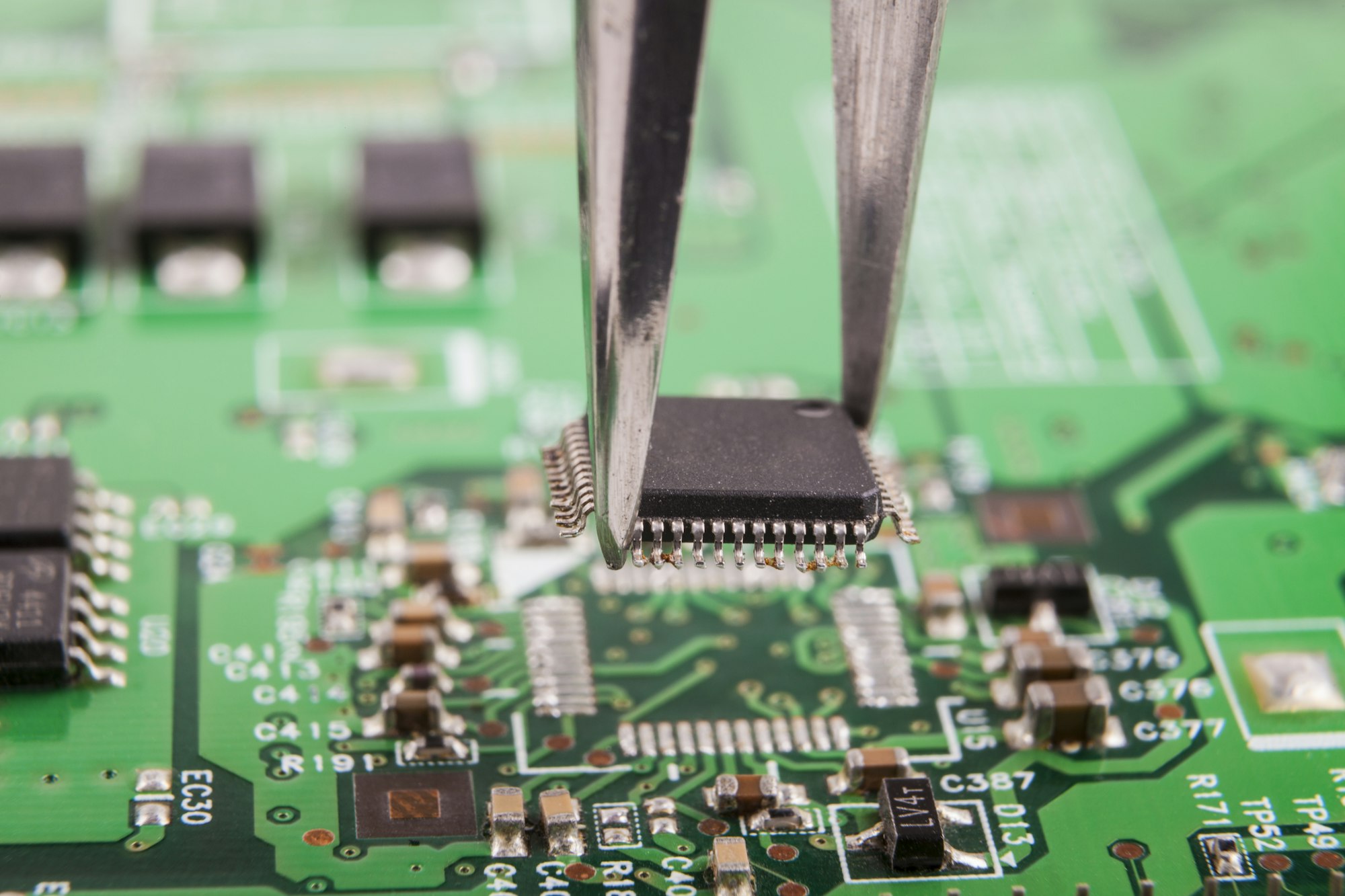What is PCB in Automotive?
A Printed Circuit Board (PCB) is a non-conductive material with conductive pathways that connect electronic components, forming circuits that control various functions in vehicles. These boards have revolutionized automotive technology by enabling sophisticated electronics in vehicles.
Major Applications of Automotive PCB
Automotive PCBs are integral to multiple systems within vehicles:
- Engine Control Units (ECU): Manage engine performance and efficiency.
- Safety Systems: Support airbags, anti-lock braking systems (ABS), and stability control.
- Infotainment Systems: Provide entertainment and navigation functionalities.
- LED Lighting: Enable energy-efficient lighting solutions.

What is PCB in engine?
PCBs in engines monitor and manage various parameters, ensuring optimal performance and compliance with emission standards.
| Application | Description |
|---|---|
| Engine Control | Manages engine performance and diagnostics |
| Safety Systems | Critical for airbags and braking systems |
| Infotainment | Enhances user experience through multimedia |
| LED Lighting | Provides energy-efficient vehicle lighting |

Design Considerations for Automotive PCB
Designing automotive PCBs requires attention to specific factors:
- Material Selection: Choosing materials that withstand high temperatures and vibrations is crucial.
- Thermal Management: Effective heat dissipation is vital to prevent component failure.
- Electromagnetic Interference (EMI) Control: Minimizing EMI ensures reliable operation of sensitive electronics.

What are the requirements for automotive PCBs?
Compliance with industry standards is crucial for automotive PCBs:
- ISO/TS 16949: Specifies quality management systems for automotive production.
- IPC Standards: Set the criteria for PCB design and manufacturing.
Future Trends in Automotive PCB
The automotive industry is evolving rapidly, and several trends are shaping the future of PCBs:
- Electric Vehicles (EVs): Increased demand for specialized PCBs to manage battery systems and electric drivetrains.
- Autonomous Vehicles: Advanced PCBs will be needed for sensors and control systems that enable self-driving technology.
Automotive PCBs play a pivotal role in the functioning of modern vehicles, ensuring performance, safety, and user satisfaction. As technology advances, the importance of these components will only continue to grow.



